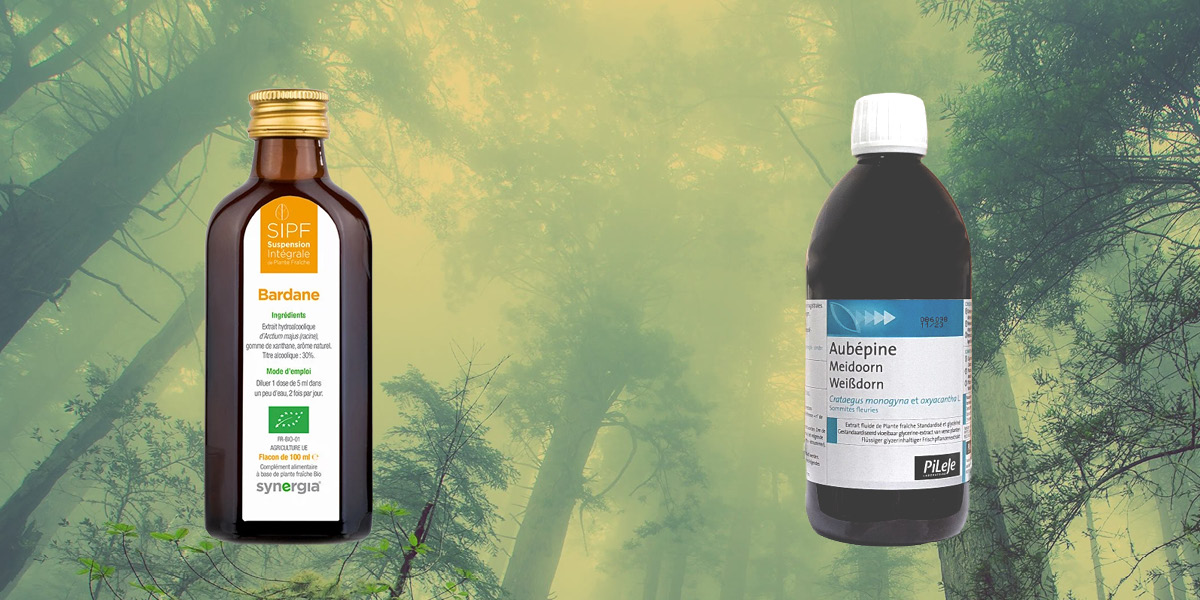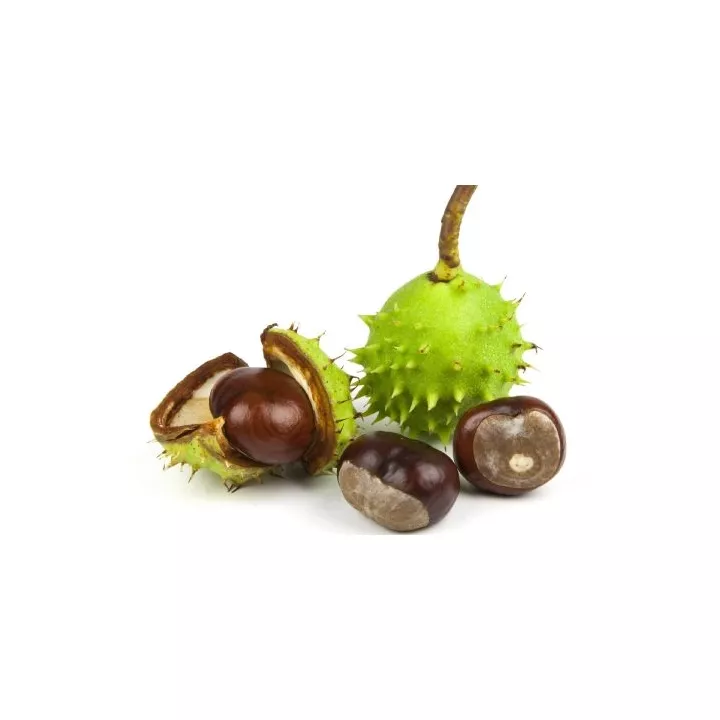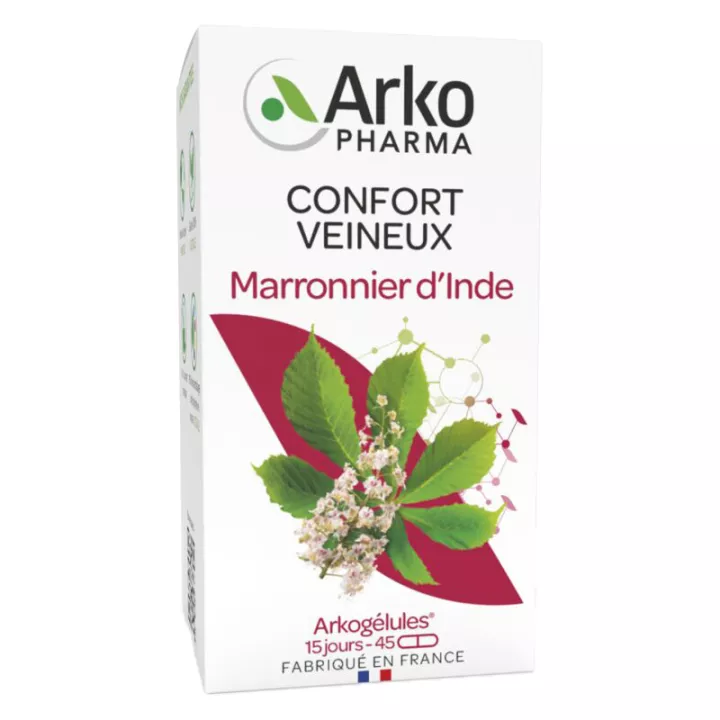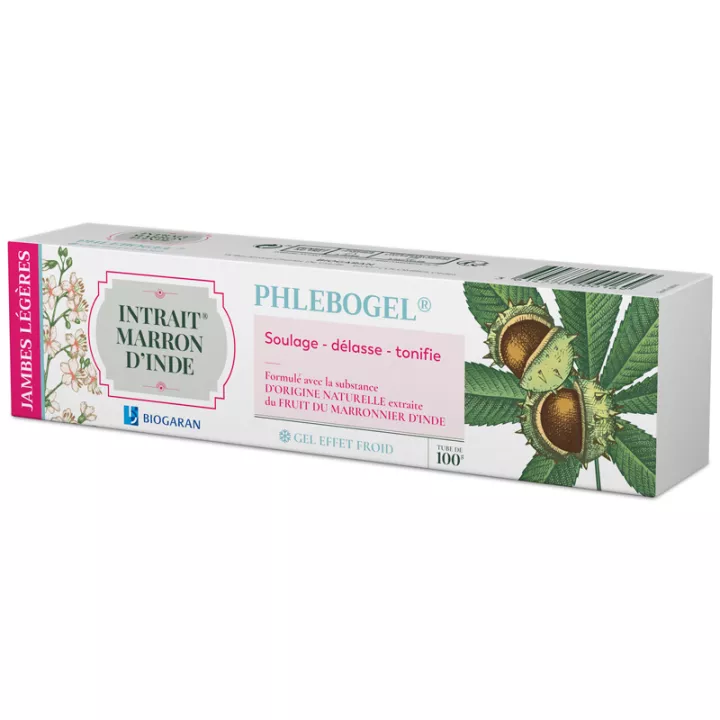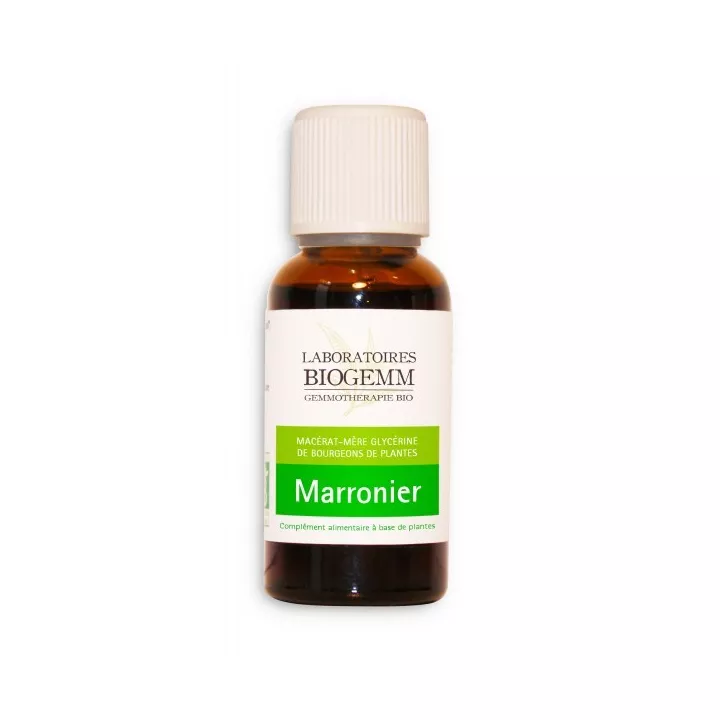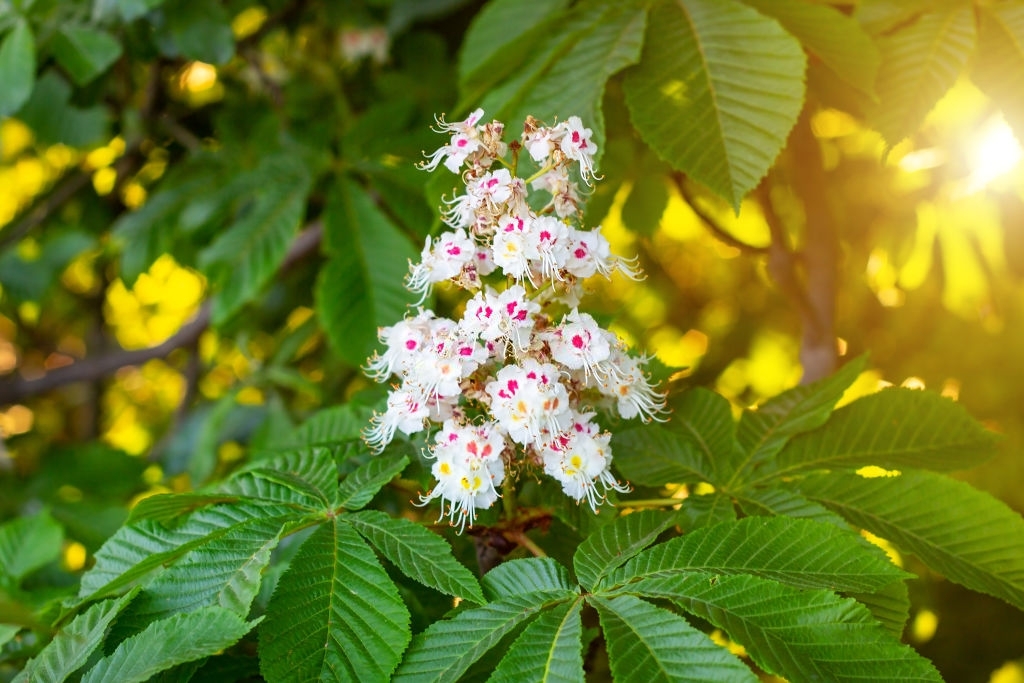These raw materials are marketed by the PiLeje laboratory (Pileje). Our dispensing chemists combine them according to the formulation and prescription choices of naturopathic doctors. In practice, you order your mixture from us according to your practitioner' s prescription, and you receive a personalized master preparation ofEPS (generally packaged in 150 ml bottles, depending on the duration of your treatment). Your therapist may have advised you to mix this medicinal plant with others to increase its effectiveness. In this case, please note the list of herbal fluid extracts to be mixed for your order, in the window provided, before adding this product to your shopping basket. Remember to enter the total volume of Standardized Plant Fluid Extracts you wish to order, in the "Capacity" drop-down menu below the purchase price of this product.
What is Pileje Horse Chestnut EPS used for?
Pileje Horse Chestnut EPS is a standardized plant extract with multiple health benefits, particularly effective in the treatment of circulatory disorders such as hemorrhoids, hypoacusis, tinnitus and vertigo. Thanks to its anti-inflammatory, anti-exudative and anti-oedematous properties, it is an invaluable ally in improving vascular well-being and relieving various symptoms associated with venous insufficiency. Aescin, one of Horse Chestnut's main active ingredients, increases venous tension by facilitating the entry of ions into the venous channels, helping to strengthen vein walls, both in vitro and in vivo.
Horse chestnut also stimulates the secretion of F2α prostaglandins and exerts corticomimetic activity, amplifying its anti-inflammatory efficacy. These mechanisms of action make it a natural solution for people suffering from inflammatory disorders or venous congestion, offering notable relief.
What's more, this extract has exceptional anti-free radical and antioxidant properties. In vitro, horse chestnut demonstrates a remarkable ability to neutralize various forms of active oxygen, including superoxide anion, hydroxyl radical, singlet oxygen and lipid peroxides. These protective actions are essential to prevent cellular damage caused by free radicals, thus contributing to better overall cell health and the prevention of premature tissue ageing.
The venous and capillary protective properties ofPileje Horse Chestnut EPS are also well established. At venous level, the aescin present in this extract reduces blood viscosity and exerts a tonic and vasoconstrictor action on venous walls, thus promoting better blood circulation. It also interferes with lysosomal enzymes, notably by inhibiting hyaluronidase, an enzyme responsible for degrading hyaluronic acid. This action protects proteoglycans, essential to the structure and function of vascular walls, reinforcing their resistance and elasticity.
Clinical studies corroborate these benefits: randomized double-blind trials have demonstrated that oral administration of fresh horse chestnut extracts can reduce leg edema and relieve symptoms associated with chronic venous insufficiency, such as heaviness, pain and nocturnal cramps. These results makePileje Horse Chestnut PSE a safe and effective choice for sufferers of these conditions.
At capillary level, this extract increases capillary resistance, reduces transcapillary filtration responsible for edema, and acts as a capillary constrictor, providing additional support against swelling, such as bags under the eyes or swollen legs. These properties make this extract an indispensable supplement for those seeking to improve their vascular and capillary health.
In addition to these effects,Pileje Horse Chestnut EPS has other interesting properties such as normoglycemic, nephroprotective, diuretic, anti-infectious, neuroprotective and gastroprotective effects. These multiple benefits make this extract a versatile dietary supplement that can support various aspects of health, contributing to overall well-being.
We suggest you prepare your own personalized blend of EPS preparations in the pharmacy, according to the formulas recommended by your Naturopathic Physician.
How to use this product
To get the most out ofPileje Horse Chestnut EPS, we recommend taking 5 ml once or twice a day, using the measuring cup provided. This solution should be diluted in a large glass of water or fruit juice, preferably between meals. The recommended duration of supplementation varies from 9 to 18 days, depending on individual needs. This course of treatment can be repeated as symptoms evolve.
1 to 2 teaspoons per 1 to 3-month course of treatment, diluted in water. Traditionally used for these signs:
- Chronic venous insufficiency, capillary fragility: Pileje Horse Chestnut EPS + Sweet Clover EPS aa
- Acute hemorrhoidal crisis: Horse chestnut EPS + Sweet clover EPS 3 to 4 tsp/day for 8 to 15 days
- Infiltrated, "pole-shaped", varicose legs: Horse Chestnut + Dandelion PES aa
- Oedema of lower limbs and associated trophic disorders, delayed healing, ochre dermatitis, varicose ulcers: Horse chestnut + Horsetail EPS aa
- Non-hemorrhagic congestive fibroma: Pileje Gattilier EPS + Alchemilla EPS + Horse Chestnut EPS aa
Give your opinion on the advice for use and dosage ofPileje Horse Chestnut EPS with our partner Avis Vérifiés after your purchase.
Precautions for use
Under no circumstances should the information provided be considered as a medical diagnosis, which requires examination by your doctor. Nor does it replace a medical consultation. This dietary supplement is not a substitute for a varied, balanced diet and a healthy lifestyle. It is contraindicated for pregnant women and people suffering from kidney failure, and must be stopped 3 days before any surgical operation. Excessive consumption may cause laxative effects. Keep this product at room temperature and out of reach of children. Do not exceed the recommended daily dose, and consume before the date indicated on the packaging.
Under no circumstances can the information and advice given constitute a diagnosis, which must be examined by your doctor. Nor does it replace a consultation with a doctor. Under no circumstances should they replace medical treatment.
What does it contain?
Horse Chestnut (Aesculus Hippocastanum) Seed Extract, Stabilized In Glycerin Of Plant Origin.
Presentation
Available in 60, 90, 150, 300 or 500 ml tinted bottles.
